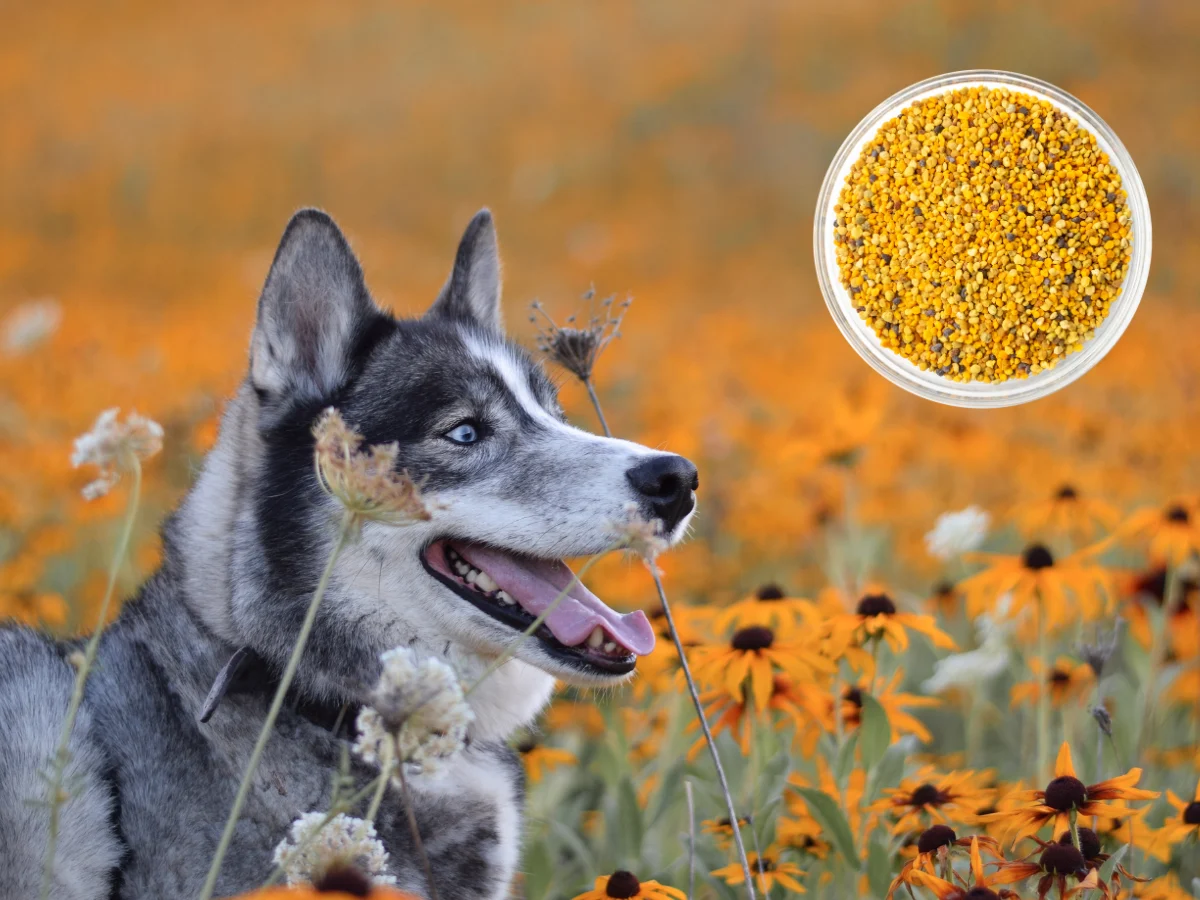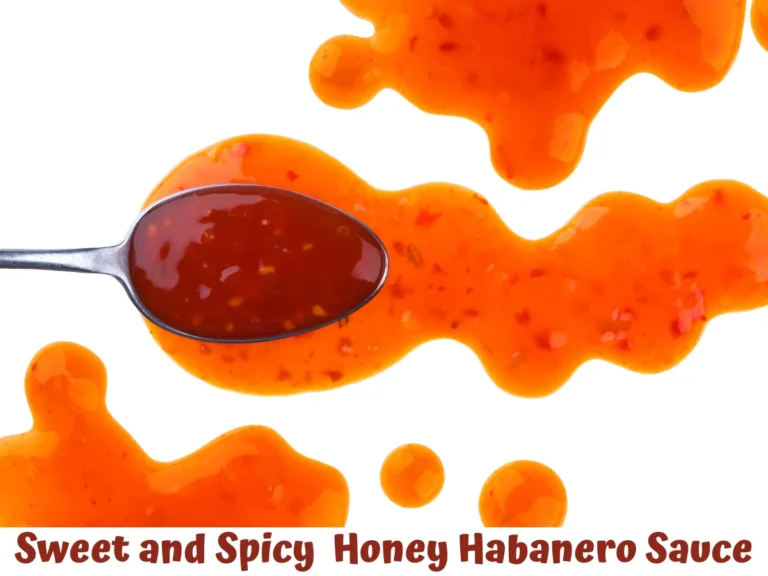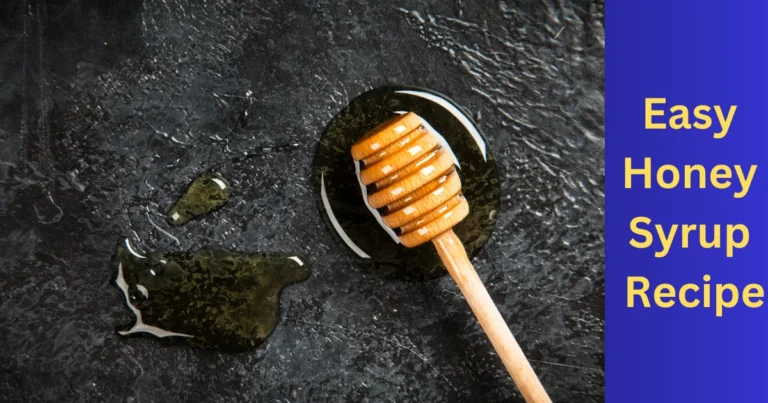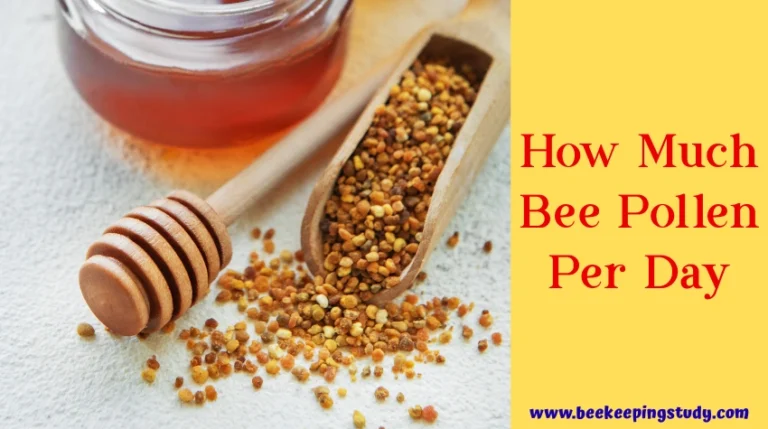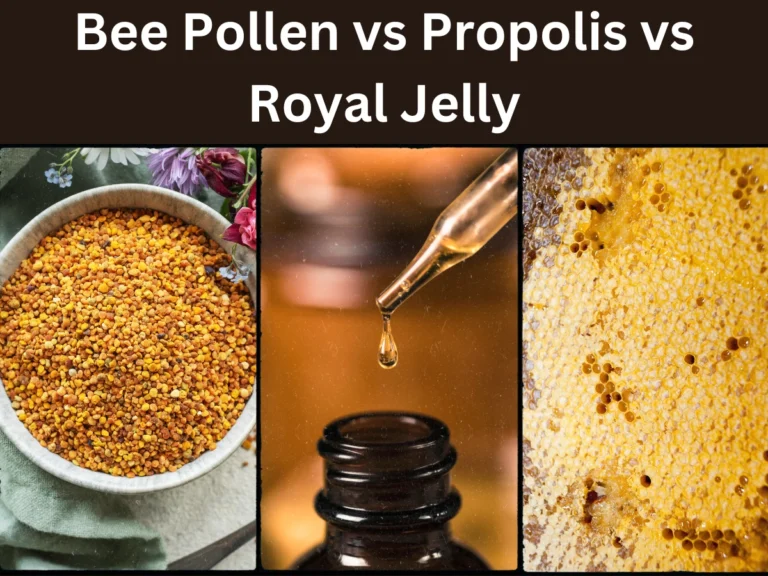This post might be created with help from AI tools and carefully reviewed by a human (Anthor Kumar Das). For more on how we use AI on this site, check out our Editorial Policy.
Can Dogs Eat Bee Pollen? (Pros and Cons)
Last month, I went to a veterinarian with my dog for allergy treatment. With prescribed medicine, the veteran told me to feed my dog bee pollen. I wondered “Can dogs eat bee pollen?“.
He replied that bee pollen has plenty of health benefits for dogs and that dogs can eat it. Bee pollen contains antihistamines that can help reduce allergic reactions in dogs by lowering the body’s histamine response to allergens.
I started feeding my dog bee pollen for 30 days on a regular basis. In this blog post, I will share with you the results.
In this blog post, I am going to focus on mainly:
- Answer to the question “Can dogs eat bee pollen?“
- How do I feed bee pollen to my dog?
- Health benefits and side effects of bee pollen for dogs.
- Commonly asked questions related to bee pollen and dogs.
What Is Bee Pollen?
Bee pollen is a natural substance collected by honeybees from the male reproductive parts of flowers (anthers). Bees gather pollen from plants and pack it into small granules, which they carry back to their hive in pollen baskets.

Components of Bee Pollen
- Pollen Grains
- The main ingredient, gathered from flowers.
- Contains proteins and nutrients essential for plant reproduction and bee nutrition.
- Bee Secretions (Enzymes and Nectar)
- Bees mix collected pollen with nectar and their own digestive enzymes, making it more bioavailable and nutrient-dense.
Nutrients in Bee Pollen
Bee pollen is also considered a superfood because it is full of nutrients. The following are important nutrients for humans and animals like dogs.
- Proteins: including all essential amino acids
- Carbohydrates: simple sugars for energy
- Vitamins: A, B-complex, C, D, and E
- Minerals: iron, magnesium, calcium, zinc
- Healthy fats and fatty acids
- Enzymes and coenzyme: for metabolic support
- Flavonoids and antioxidants: help reduce inflammation and oxidative stress
Factors on Which Quality of Bee Pollen Depends

The quality of bee pollen is influenced by several key factors that ensure its safety and nutritional value for dogs. Here’s what to consider:
- Source of Flowers: Pollen from diverse, pesticide-free flowers provides a richer nutrient profile.
- Geographic Location: Clean, pollution-free environments produce higher-quality pollen.
- Season of Collection: Pollen harvested during peak bloom seasons is more nutrient-dense.
- Beekeeping Practices: Ethical and hygienic methods ensure safe, uncontaminated pollen.
- Processing Methods: Minimally processed and low-heat dried pollen retains maximum nutrients.
- Storage Conditions: Proper storage in cool, dry places prevents nutrient loss and contamination.
- Absence of Contaminants: Pollen free from pesticides, heavy metals, and chemicals is essential.
- Appearance and Texture: Bright, varied colors and a fresh texture indicate high quality.
By keeping these factors in mind, you can choose bee pollen that’s safe and beneficial for your dog.
Can Dogs Eat Bee Pollen?
Yes, dogs can eat bee pollen; it is safe for them. Bee pollen is rich in nutrients and has plenty of benefits for dogs. Thus, dogs can have bee pollen unless they show any negative symptoms after consuming it.

In my case, I didn’t notice any adverse symptoms in my dog after feeding him bee pollen. In fact, I have seen that my dog has successfully eliminated allergies. His immune system was boosted, and he became stronger than ever.
I can see a boost in my dog’s immune and digestive systems. As a beekeeper, I fed him completely natural bee pollen collected by my bees. Thus, my dog gets the maximum benefits from bee pollen.
Health Benefits of Bee Pollen for Dogs(Pros)
So far I have seen so many benefits on my dog after having bee pollen regularly. Overall bee pollen has the following health benefits for dogs.

- Antihistamines in bee pollen help to get relief from allergies in dogs.
- Contains enzymes that Promote digestion in dogs.
- Bee pollen has regenerative properties that support healthy skin and tissue repair.
- Helps to boost energy.
- Make the overall immune system stronger. Thus you will see fewer colds and other diseases in your dog.
- The trans-cinnamic acid in bee pollen acts as a natural antibiotic, supporting your dog’s immune defenses against infections.
- Rutin, a plant pigment found in bee pollen, strengthens blood vessels and capillaries, enhancing overall heart health and circulation.
- Bee pollen contains more amino acids per gram than traditional protein sources like beef, fish, or eggs, providing essential nutrients for growth, repair, and maintenance.
- Promotes Healthy Skin and Wound Healing
- Rich in essential amino acids, bee pollen supports muscle development and maintenance, making it a great addition to the diet of active or aging dogs.
I have noticed these benefits in my dog after feeding him bee pollen for 30 days. I have also tested the effects of bee pollen on dogs previously on my neighbor’s dogs.
I have shared that case study on another blog post “Is bee pollen good for dogs“. From that experiment I have seen bee pollen has many positive impacts in most dogs. But bee pollen can have some negative implications too in some dogs.
Side Effects of Bee Pollen For Dogs(Cons)
Bee pollen can have some minor side effects in a few species of dogs. Following are the side effects of bee pollen for a few dogs.
- Bee pollen can invoke itching if certain dogs are allergic to bee pollen.
- Bee pollen may upset a dog’s stomach. In such cases, you may notice vomiting, diarrhea, and loss of appetite.
- Swelling, especially around the face or paws.
- Difficulty breathing (in severe cases)
- Bee pollen could potentially interact with certain medications, particularly those affecting the immune system (e.g., immunosuppressants).
If you notice any of these symptoms on your dog after giving it bee pollen, stop feeding bee pollen. It is better to contact a veterinarian before giving bee pollen to your dogs.
The Right Way to Introduce Bee Pollen to Your Dog
Giving excess amounts of bee pollen to dogs may have a negative impact. Thus it is always better to start with a small amount.
You can start with as little as 1/4th teaspoon per day. If you don’t see any side effects on your dog you can gradually increase the amount.
How Much Bee Pollen Per Day Is Ideal for Dogs
Well, it depends entirely on your dog’s age and weight. My dog is of the Beagle breed, and its body weight is 10.5 kg. Thus, I was giving a little more than half a teaspoon of bee pollen daily.

In general, depending on the dog’s body weight and type, you can give bee pollen in the following manner.
- Small Dogs (Less than 10 kg / 22 lbs): Start with 1/4 teaspoon per day and then 1/2 teaspoon per day. Examples of small dogs are Chihuahuas, Pomeranian, Papillon, and Beagles.
- Medium Dogs (10–20 kg / 22–44 lbs): Start with 1/4th or 1/2 teaspoon daily. Gradually increase to 3/4th or even 1 teaspoon daily. Examples of medium dogs are the cocker Spaniel, Bulldog, Shiba Inu, and Border Collie.
- Large Dogs (Above 20 kg / 44 lbs): Start with 1/2 teaspoon and then 1 teaspoon per day. Large dogs include Golden Retrievers, Labrador Retrievers, German Shepherds, and Great Danes.
Begin with a tiny amount of bee pollen and monitor your dog for adverse reactions. Gradually increase the dosage if no side effects occur. Also, get professional advice before introducing bee pollen, particularly for dogs with health conditions or on medication.
Frequently Asked Questions
Depending on health conditions and body weight, dogs can eat 1/2 teaspoon to 1 teaspoon of bee pollen per day. Always start with a small amount and then gradually increase to up to 1 teaspoon. Though bee pollen helps beat allergies in dogs it can do the opposite in some dogs too. After giving bee pollen to your dogs if you see itching or swelling this means your dog is allergic to bee pollen. Yes, if your dog isn't allergic to honey, you can safely feed them both honey and bee pollen. However, ensure you provide both in very small amounts to avoid any adverse reactions.How much bee pollen can a dog eat?
Can dogs be allergic to bee pollen?
Can dogs eat honey with bee pollen?
Final Thoughts On Bee Pollen for Dogs
Hopefully, you got the answer to your question, “Can dogs eat bee pollen?“. Also, you learned the benefits and side effects of bee pollen for dogs. Make sure to consult a veterinarian before providing bee pollen to your dog.
In general, bee pollen is entirely safe and healthy for dogs. Don’t forget to share what changes you observe after providing bee pollen to your dog.
Also, don’t feed your dog old bee pollen. You might be asking if bee pollen expires. To get the answer and for safe storage tips, check my other article, “Does Bee Pollen Expire?”

